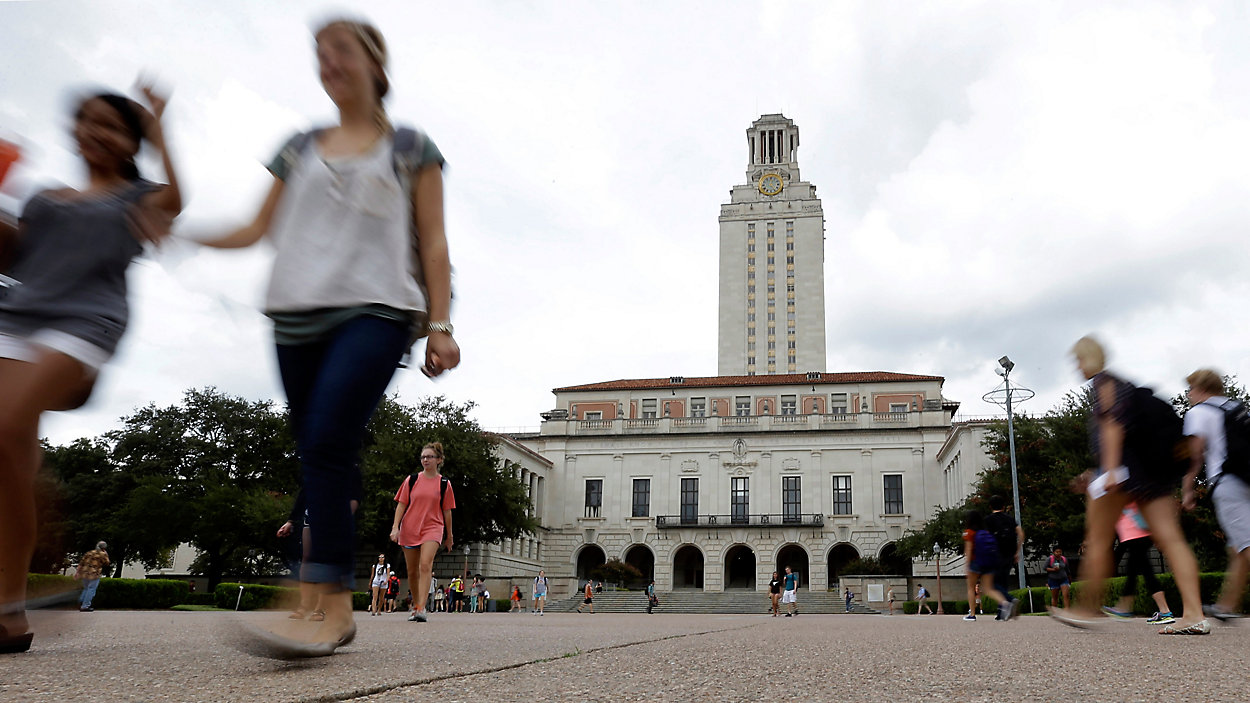Legal Battle Brews in Texas as Federal Government Challenges In-State Tuition for Undocumented Students
Historic state policy faces pushback amid growing national debate over immigration and education
A Landmark Law Now Under Fire
A legal storm is brewing in Texas as the U.S. Justice Department takes aim at a decades-old policy that has granted in-state tuition rates to certain undocumented students. The federal lawsuit, filed in a Texas court, seeks to overturn a law that has allowed thousands of immigrant students—commonly known as “Dreamers”—to access affordable higher education in the state.
Texas was the first state in the nation to enact such a policy in 2001, offering hope to young immigrants brought to the U.S. as children. Under the law, students without legal residency could qualify for in-state tuition if they had lived in Texas for at least three years before graduating from a Texas high school and one year before enrolling in a public college or university. They were also required to sign an affidavit promising to pursue legal residency.
Now, more than two decades later, that policy is at the center of a fierce legal and political battle that may shape the future of immigration-related education benefits across the United States.
What the Lawsuit Claims
The Justice Department argues that the Texas law violates federal immigration statutes, asserting that public institutions are prohibited from offering benefits to undocumented individuals that are not equally available to U.S. citizens from other states. The legal action demands that a federal judge halt the policy, which the government claims undermines national immigration law and sets an unfair precedent.
Critics of the law contend it discriminates against out-of-state citizens, who often pay significantly more for college tuition than undocumented students living in Texas. For instance, at the University of Texas at Austin, in-state tuition is approximately $11,000 per year, while non-residents pay around $41,000—nearly four times as much.
Supporters Defend the Policy
Supporters of the Texas policy argue that it promotes education, strengthens the economy, and supports long-term residents of the state who have grown up in local communities, attended Texas schools, and contribute to the workforce.
Advocates maintain that dismantling the law would harm not only the students affected, but the broader Texas economy, by depriving it of educated workers in key sectors.
“This isn’t about politics—it’s about providing young Texans with an opportunity to succeed,” said one education advocate. “Stripping that away will only hurt our future.”
A Policy Once Celebrated, Now Politically Contentious
When Texas passed the in-state tuition law in 2001, it was widely supported across party lines and signed into law by then-Governor Rick Perry. At the time, it was seen as a practical solution to ensure that all long-term residents—regardless of immigration status—had a fair chance at higher education.
But as national discourse on immigration hardened, the law became a lightning rod for controversy. During the 2012 Republican presidential primary, Perry faced backlash for defending the policy and later expressed regret for how he addressed critics, signaling a shift in tone.
Despite repeated efforts by some lawmakers to repeal the law, those proposals have failed in the Texas Legislature. However, similar measures are gaining momentum in other states. Florida, for example, recently passed legislation that will eliminate its own in-state tuition benefits for undocumented students starting in July.
By the Numbers
According to data from the Presidents’ Alliance on Higher Education and Immigration, approximately 57,000 undocumented students are currently enrolled in Texas public colleges and universities. Overall, the state’s public higher education system serves around 690,000 students.
Currently, 24 states have laws or policies that allow undocumented students to qualify for in-state tuition, though the eligibility criteria vary by state. The outcome of this lawsuit could have ripple effects far beyond Texas, setting a legal precedent that may influence similar laws nationwide.
What Happens Next
As the case moves forward in federal court, educators, students, and policymakers across the country will be watching closely. The outcome could redefine how states navigate the intersection of immigration policy and public education.
For now, the future remains uncertain for thousands of students whose college dreams depend on a law that may soon be dismantled. The legal arguments will unfold in the coming months, but the debate over who deserves affordable access to education in America is far from over.

COMMENTS (0)
Sign in to join the conversation
LOGIN TO COMMENT